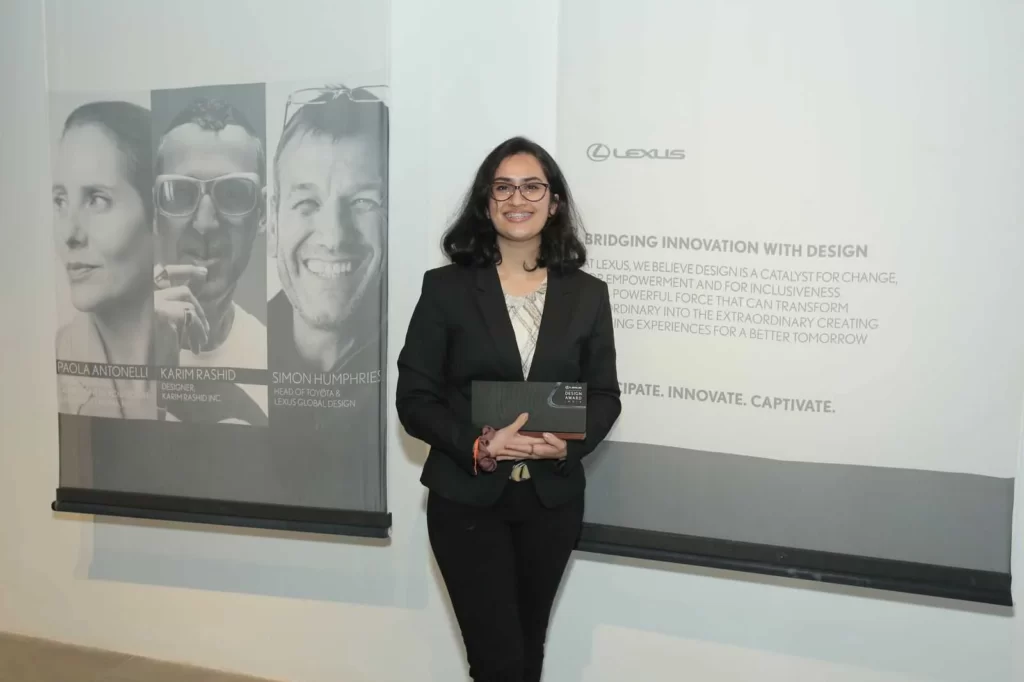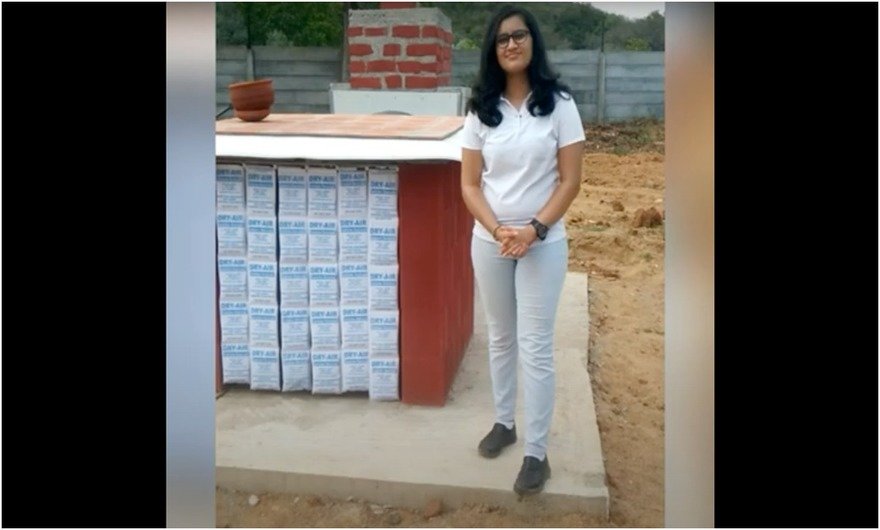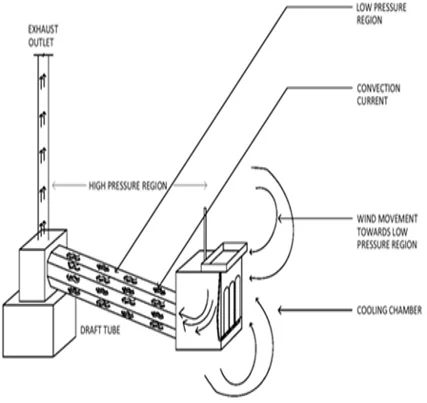Bountiful produce fills every season of India’s agrarian economy. Every change in weather brings new seasonal fruits and vegetables. But these harvests also go hand in hand with tonnes of waste. Food spoilage has always been a major concern, but these concerns are not simply related to the food that sits in your refrigerators; over 40% of the $14 billion worth of food wasted every year is spoiled even before it reaches consumers. This problem needs an innovative solution, and what’s more innovative than the brilliant mind of Mahek Parvez and her SunHarvested CoolRooms?

The issues of food spoilage and food waste are interlinked in every way. Despite India’s annual food sufficiency of 270 million metric tonnes; it ranks at 103 out of 119 on the Global Hunger Index. Farmers toil daily to yield produce, yet half of their efforts go down the drain. Not to mention the unsustainable and inaccessible nature of cold storage. Mahek Parvez’s one goal was to somehow target these issues and lessen the burden faced by farmers and nature alike.
A young innovator and environmentalist
Even as a 13-year-old, Parvez was attuned to the food waste around her. Growing up in Chennai, Parvez often observed her mother and six other farmers toiling away at their 2-acre farm; yet still seeing so much food thrown out.
“This was quality produce, including seasonal fruits like strawberries, cherries, and passion fruits. When I’d spend time here during my summer vacations, it was eye-opening to see just how much goes to waste. Piles and piles of good fruits are thrown away. For me, what stood out was that my mother, along with her team of six farmers, would put so much effort into growing the produce, and all of this effort would amount to nothing. There had to be a way to avoid this spoilage,” shared Parvez.
Parvez was only in 6th grade, but she was intent on taking these matters into her own hands. She took on a project to build a technology to not just increase the shelf life of the produce; but also bring about this change in the most accessible and sustainable way she could find. After almost six years of meticulously perfecting the prototype, Parvez introduced SunHarvested CoolRooms.
Also Read: Clean-Water is on a mission to restore water bodies in India
A seamless methodology
What exactly makes this technology so unique? Parvez knew that to save nature’s produce, she had to take inspiration from and work in parallel with nature. Inspired by natural processes, her innovation mimics the concept of convection currents. Her one-of-a-kind design is different from any other cold storage as it combines scientific principles with sustainable materials. She takes inspiration from the very environment she grew up in.

“In Chennai, the evenings are colder compared to the mornings, when the sun is scorching and the temperatures soar to as high as 45 degrees Celsius. I thought it would be interesting to play around with this factor while designing something that would keep the produce fresh for longer. Rotting happens when humidity increases, so I knew I’d have to get the humidity to a stable level to prevent the produce from spoiling,” relayed Parvez.
SunHarvested CoolRooms provides an eco-friendly grid-less cooling methodology. The CoolRooms can stack, store, and increase the shelf life of perishable produce by nearly three times; this ensures food security and reduces methane emissions from rotting fruits and vegetables.
Through a tripartite between the processes of transpiration, evaporation, and convection, Parvez tried to replicate the cool evening currents of Chennai; all this while keeping optimal humidity in mind. Her design consists of an amalgamation of a draft tube, a brick room, and an exhaust chimney.
“This design mimics convection currents, the same way the land and sea breezes work. The air flowing into the draft tube rises to the arch of the glass and moves further through the tube into the enclosure of the brick room. This creates an area of low pressure, which is filled by the air current from the inlet. That air current is dehumidified by the desiccants hung on one side and a screen of khus root hung on the other. This allows for the decrease in temperature due to evaporative cooling effect,” Mahek explained the apparatus.
A difficult task with plentiful benefits
As Parvez started working on the draft tube to mimic convection currents. The intend was to reach optimal temperature and humidity, and the task was not easy. There was no information online to guide her innovation. Through a process of trial and error, she learned to find the perfect material and composition to keep the produce fresh.
The draft has an unusual structure, and Parvez had to use matchboxes to show the manufacturers the exact ridges she required in the structure and how the aluminium sheets needed to be aligned as grids on the tube. A different vendor manufactured every part in Chennai, with assembling being a different task altogether.

The prototype for SunHarvested CoolRooms is suitable for farms of any size. The innovation requires no electricity to function and minimal maintenance at best. Its accessibility makes it a great, if not required, one-time investment for farmers to save crops worth billions of dollars. Moreover, as a replacement for unsustainable cold storage, it can cut down on over 15% of greenhouse gases.
Parvez’s mentor, Prof. Harish JK from Chettinad Vidyashram, considers the innovation vital towards curbing greenhouse gases, “novel and an important step towards curbing increasing greenhouse gases, like HFCs and CFCs, which are emitted by rotting fruits and vegetables as well as cold storages that are used to save them. By potentially replacing cold storages in rural parts of India, the SunHarvested CoolRooms will have an indisputable impact on the quality of our air, climate, and lives, as well as those of future generations.”
Working towards an eco-friendly future
To scale the powerful effects of her innovation, Mahek Parvez is currently working in the villages of Chengalpattu District, Tamil Nadu, India, a locality surrounded by farms engaged in cultivating horticultural produce. She has earned accolades like the Lexus Design Award India 2023 and has been the student runner-up in the sustainability category of the Core77 Design Awards 2023.
Pervez’s journey provides personal and academic learnings as she works to combat the malady of perishable crops. The 19-year-old works with the support of NGOs like Trust Aatma to reach out to farmers with her innovative technology. The project allows for a sustainable future without any contribution to our carbon footprint.
Join The Story Watch’s initiative to create a vibrant community for the startup ecosystem.

